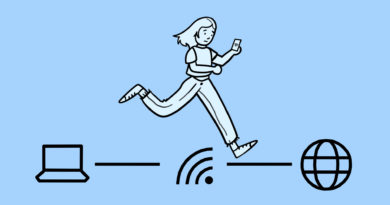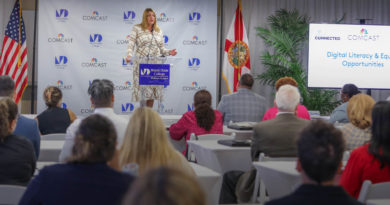The Dangers Of Controlling Net Neutrality
The internet is one of the greatest infrastructure projects humanity has ever created. It has helped society grow and interact. It has simplified business, socializing, banking and gaming. The “open” internet has always been something that millions of people utilize and take for granted. The idea of net neutrality is that all internet service providers should not influence the content that users request; companies like AT&T, Comcast and Verizon should treat all internet traffic equally.
In 2010, the Federal Communications Commission (FCC) created net neutrality rules, Titles 1 and 2 of the Communications Act of 1934, to regulate internet service providers (ISPs). All ISPs were placed under a loosely regulated Title 1. After a lawsuit from Verizon claimed that the FCC did not have the authority to regulate ISPs under Title 1, they stated that if the FCC wanted to regulate them, ISPs must be placed under Title 2 to grant them much stronger oversight.
Moving ISPs back to Title 1 from Title 2 creates the possibility of companies altering and choosing what sites we visit and at what time. For example, if Time Warner Cable saw that Microsoft was giving them more money than Google, they could choose to throttle down Google’s web sites, or make them slower, and speed up Bing’s web site to make it more appealing to the average consumer.
President Donald J. Trump’s administration appointed a new chairman of the FCC, Ajit Pai, who is known for being anti-net neutrality, and has worked for the Justice Department of Verizon.
Pai claims that ever since net neutrality was created, infrastructure investment has declined. “To be real clear, this does not influence the way we invest,” said former Verizon Executive Vice President Fran Shammo who held a conference call in 2014 with Verizon’s investors about how Title 2 affected Verizon’s plans in infrastructure development. “We’re going to continue to invest in our networks and our platforms, so nothing will influence that.”
Net neutrality is placed to keep the internet open for the world, to prevent the influence of companies, and to establish the power the FCC can use to oversee and keep the internet free. In 2006, Time Magazine was deciding who to place as person of the year. The cover rolled out to the public and stated, “You. Yes, you. You control the Information Age. Welcome to your world.”




